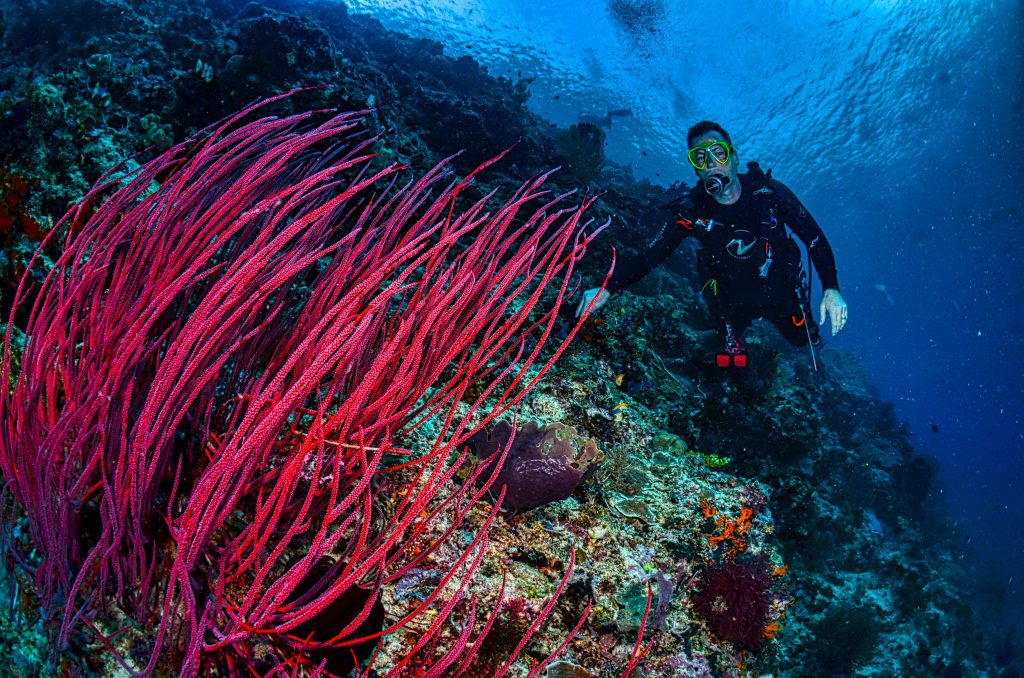Finally booked your bucket-list adventure trip? Whether you’ll be diving into the deep, cycle touring across Europe or trekking at high altitude, the right adventure sports travel insurance is essential. A good policy protects your health and finances if the unexpected happens.
Cover My Adventure’s checklist guides you through buying adventure sports travel insurance, so you can set off with confidence.

- ✅Check your cover
- ✅Read insurer reviews
- ✅Disclose pre-existing medical conditions
- ✅Buy cover when you book your trip
- ✅Match cover to the value of your holiday
- ✅Consider single trip versus annual policies
- ✅Review policy excesses
- ✅Have a valid GHIC Card
1. Check Your Cover
Always check and double check the conditions of your chosen policy and whether your chosen activity is fully covered.
According to comparison site Go.Compare, nearly half of UK holidaymakers may take part in activities for which they are not insured, leaving millions of policyholders at risk of rejected claims. Never assume a particular activity is included without checking the policy details. There are hundreds of sports and activities which are considered extreme by many travel insurers and therefore required dedicated adventure sports travel insurance. Furthermore, many policies will only cover you for activities if they are incidental to your trip and not the sole purpose.
Also pay close attention to personal liability cover. A policy may cover an extreme activity but exclude personal liability cover. This is important as it covers you if you are liable to pay damages due to accidentally injuring someone or causing loss or damage to their property.
✅For further information, see our detailed guides on purchasing cycle touring travel insurance and scuba diving travel insurance.
2. Read Insurer Reviews
Before you commit, take a moment to read independent reviews of your chosen insurer. A policy may look good on paper, but customer feedback reveals how the company handles claims in practice. Look for consistent themes around customer service, reliability and how quickly claims are settled.
3. Disclose Pre-Existing Medical Conditions
Statistics from the Financial Ombudsman Service show that more that a quarter of disputed travel insurance claims related to policy holders failing to disclose a pre-existing medical condition.
When buying adventure sports travel insurance, always complete the insurers medical questionnaire accurately and declare any medical conditions. Omissions can invalidate your cover.
Furthermore, carefully check the policy conditions around existing medical conditions before buying. Some travel insurers won’t explicitly ask you to disclose these but either exclude them or require you to contact them to add on the condition.
4. Buy Cover When You Book Your Trip
Arrange insurance as soon as you book your holiday. Buying early ensures you’re protected should you need to cancel due to illness, injury or unforeseen circumstances. This is especially important for expensive adventure holidays where cancellation losses can be significant.
5. Match Cover to the Value of Your Holiday
Make sure your insured cancellation and baggage cover reflect the true cost of your trip. Adventure holidays often have higher cancellation costs, similarly you may be travelling with expensive equipment such as dive computers or bicycles. Aligning your cover with the value of your holiday and baggage ensures you are not left underinsured.
6. Consider Single Trip Versus Annual Policies
If you’re only travelling once, single trip cover may be sufficient. However, if you’re planning more than one trip this year, annual multi-trip cover could offer better value and reduce hassle. Many adventure sports travel insurance policies include a wide range of activities, giving you year-round protection. Just be sure to check that your chosen policy covers all of your planned adventures.
7. Review Policy Excesses
Check the policy excess amounts carefully for medical claims, cancellation, baggage, and equipment to avoid unwelcome surprises.
8. Have a Valid GHIC Card
If travelling within Europe, make sure you have a valid Global Health Insurance Card (GHIC, formerly EHIC). This entitles UK nationals to free or discounted state medical care in an EU country. However, it is no substitute for travel insurance. The GHIC will not necessarily cover all medical costs, nor will it cover emergency flights home. Repatriation costs alone can reach tens of thousands of pounds, so it is vital to have appropriate travel insurance. Some insurers will waive the medical excess if a claimant holds a valid GHIC (and is travelling in Europe).
Final Thoughts
Adventure travel is unpredictable, but the right adventure travel insurance ensures your health and finances are protected. With the essentials in place, you can focus on the trip ahead.
✅ Check out our curated list of scuba diving and cycle touring travel insurance policies
✅ For more information on why you need specialised adventure sports travel insurance, read our guide

